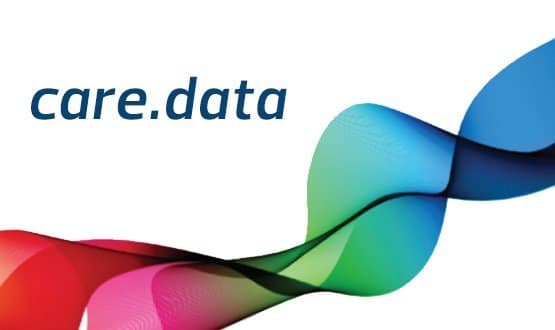NHS England has been warned its controversial care.data programme is at its “last chance saloon”, as it pushes ahead with the trial phase of the project.
At a parliamentary health committee hearing this week on the pathfinder phase, MPs were told that a number of questions about the project remain unanswered, with regulations outlining restrictions on access to the data still to be released.
The care.data programme will extract data sets from different organisations, starting with GP practices, and link them to an expanded set of Hospital Episode Statistics within the 'safe haven' of the Health and Social Care Information Centre.
NHS England was forced to “pause” the programme in February last year after medical and privacy groups objected to a public leaflet campaign that failed to include a clear account of the programme, who would receive the data, or an opt-out form for patients.
Last October, clinical commissioning groups in Leeds, Blackburn, Somerset and West Hampshire were selected as care.data ‘pathfinders’ as part of a revised roll-out plan.
However, a December report the Independent Information Governance Oversight Panel, chaired by national data guardian Dame Fiona Caldicott, said there were a wide range of unresolved questions that must be answered before the pathfinders can proceed.
Tim Kelsey, NHS England’s director of patients and information, told the committee that a number of GP practices in West Hampshire, Somerset and Blackburn have signed up to take part in the pathfinder phase, with Leeds still developing proposals to test with its CCGs first.
Kelsey said any data collected during the pathfinder phase will be kept in a “totally locked down, secure environment”, with an independent group of experts being put in place to look at the data outputs and assess the value of having access to the datasets.
“We want to run some analytics over it to demonstrate that there is actual value in the data as well [as testing communication strategies].”
Kelsey said NHS England has made “a very fundamental commitment that we have to be open and transparent”, and welcomed the “very clear standards” set out in the report from Caldicott and the independent panel.
“We will not commit to any kind of rolling out until we’re absolutely convinced, until the independent panel is convinced, that we are completely in the right place.”
He said patients’ direct care will “in no way be affected” if they choose to opt out of care.data.
Professor Nigel Mathers, honorary secretary of the Royal College of General Practitioners and a member of the care.data Advisory Group, told the committee the pathfinder phase should address questions raised last year about poor communication and “ensuring the NHS is above reproach.”
Mathers said the royal college still has concerns about the “alphabet soup” of organisations with overlapping levels of responsibility for the programme, as well as the complexity of the revised plans.
“The whole thing has become so complicated that, quite frankly, it is very difficult for one person to understand all the bits of it.”
NHS England needs to be cautious as it moves ahead with to ensure no more public trust is lost, he said.
“It is the last chance saloon for care.data, so they shouldn’t risk it. They need to do it properly and steadily in conjunction with patients and all other interested partners to make sure they’re on board.”
Sam Smith, from privacy campaign watchdog medConfidential, told the committee there are a number of unresolved questions that must be answered before the pathfinders can proceed.
This includes how exactly the opt-out will function. “That’s the unanswered question; which is key to all of these things.”
Smith said the organisation is still waiting on Confidentiality Advisory Group regulations, promised last year to outline restrictions on access to the data gathered.
Kelsey confirmed that the CAG regulations must be finalised before the pathfinder phase can move ahead.
Nicola Perrin, head of policy at the Wellcome Trust, said the care.data project has “come a long, long way” after initial criticism and made significant improvements to its plans following feedback from the advisory group and other organisations.
Caldicott told the committee it is “quite a challenge” to explain care.data and the purpose of the opt-out in communications to patients, with more work still necessary before the pathfinders can continue.
“It’s certainly better – more clear – but it’s still lacking the sort of clarity that we would like to see.”

